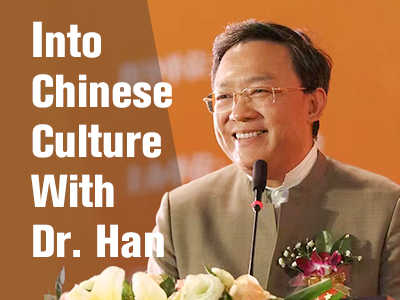
The origin and development of Xinxue: From Mencius to Wang Yangming (4)
In Chinese culture, building a human community with a shared future and pursuing universal knowledge on benevolence and proper destiny for human beings are particularly considered. The inner purpose for spreading Chinese culture is to inherit Confucianism and to create a peaceful world for our generation and the next.
Read more>
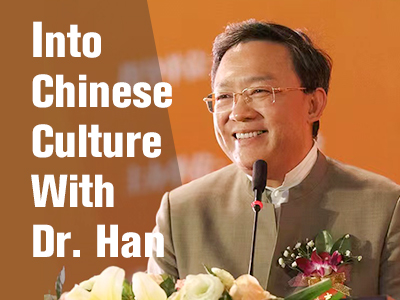
The origin and development of Xinxue: From Mencius to Wang Yangming (3)
Mencius believed that owning a heart of benevolence, righteousness, protocol and wisdom is part of a person's innate knowledge and good ability and is worthy to be exalted.
Read more>
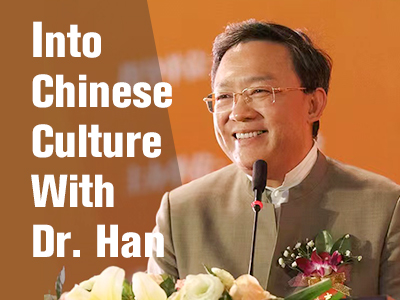
The origin and development of Xinxue: From Mencius to Wang Yangming (2)
Humans are the essence of the universe. However, the human mind will be obscured by unkind desires when the mind attaches itself to objects.
Read more>
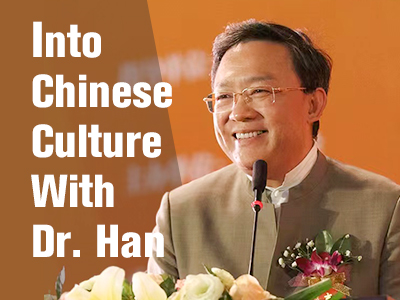
The origin and development of Xinxue: From Mencius to Wang Yangming (1)
Xinxue, or the School of the Mind, is the treasure of Chinese philosophy. When we talk about the origin and development of Xinxue, we will cover Confucius’ theory on benevolence, Mencius’ idea on innate knowledge, Zhuangzi’s thought on Xinxue and Lu Jiuyuan's philosophy arguing “the mind is principle.” The ideas passed on to Wang Yangming, a Neo-Confucian philosopher from the Ming Dynasty (1368-1644), whose thought on Xinxue became agglomerate.
Read more>
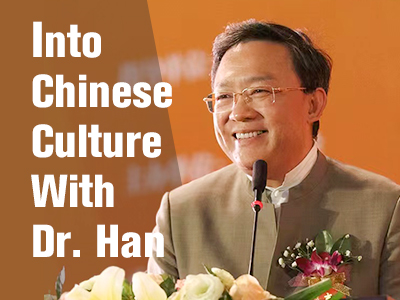
All humans have compassion — Mencius and his philosophy on kindness (5)
We continue on Mencius' theory of "four minds." His thoughts parallel Confucius', which emphasize benevolence, reflecting the quote "A benevolent man loves others." "Lunyu" ("Analects of Confucius") recorded Confucius' teachings on filial piety.
Read more>
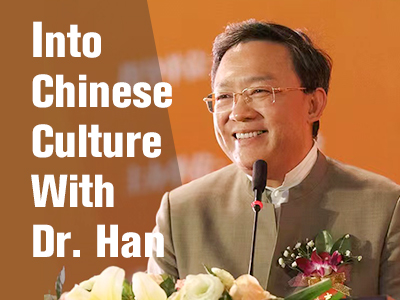
All humans have compassion — Mencius and his philosophy on kindness (4)
Mencius admired Confucius and inherited his virtue and doctrines. "Lunyu" ("Analects of Confucius") begins with "Xue Er," focusing on self-examination and continues with "Wei Zheng," talking about governing states.
Read more>
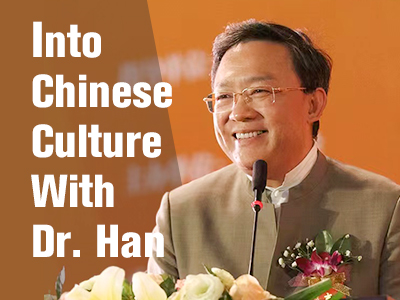
All humans have compassion — Mencius and his philosophy on kindness (3)
Mencius' political philosophy is based on benevolence. In a dialogue with King Xuan of Qi, he said, "Your majesty, can you accept a statement by someone who said, 'I am strong enough to lift something as heavy as 15 tons but not a feather. I can see the tip of a new down but not a cartload of firewood." The king replied, "No." Mencius then explained that one fails to make an effort so the feather is unable to be lifted, and one fails to use his sights so the cartload of firewood cannot be seen.
Read more>
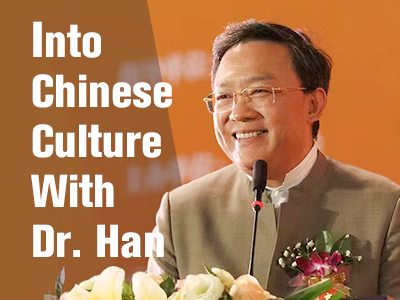
All humans have compassion — Mencius and his philosophy on kindness (2)
"Shijing" (or "Classic of Poetry") says, "The heart is someone else's, but it is I who have surmised it." The saying is similar to Mencius' philosophy on kindness. He believes all humans are born with the capability to feel commiseration for others' sufferings. When someone is buried in misery or grief, or beams with joy, the person with him will feel for him and indulge in the same emotions.
Read more>